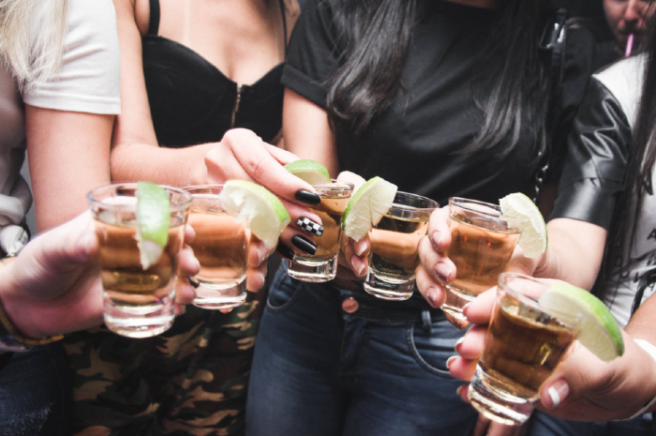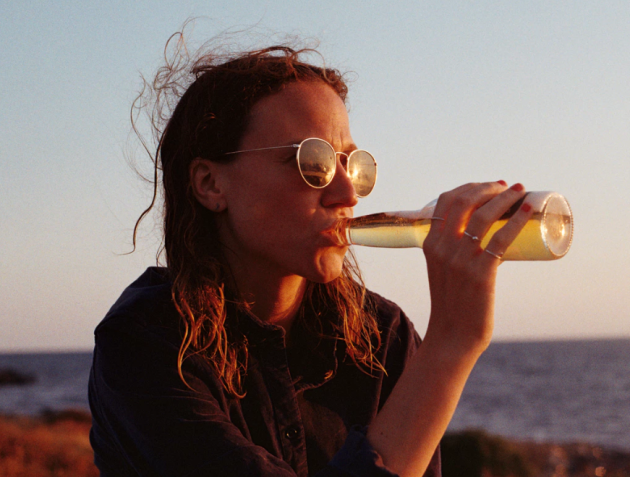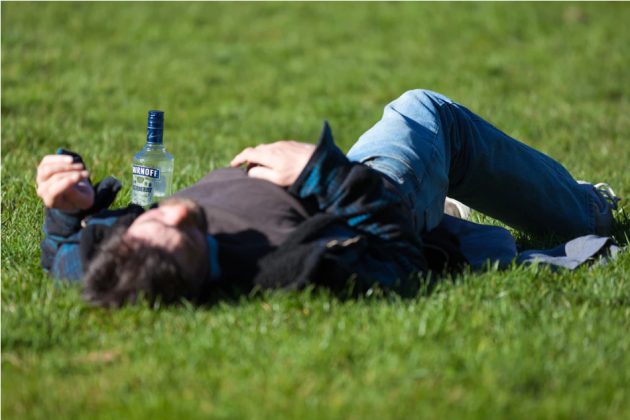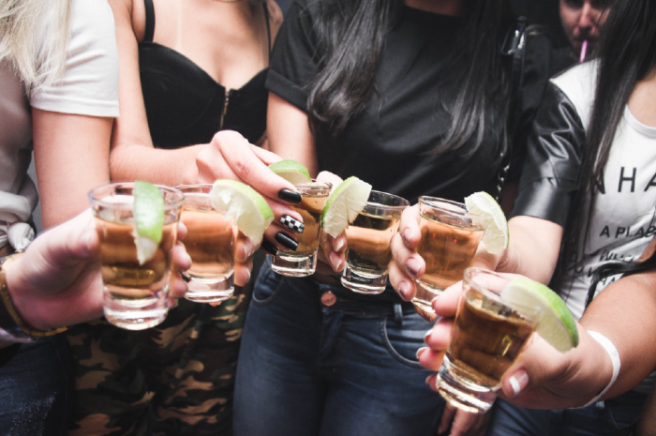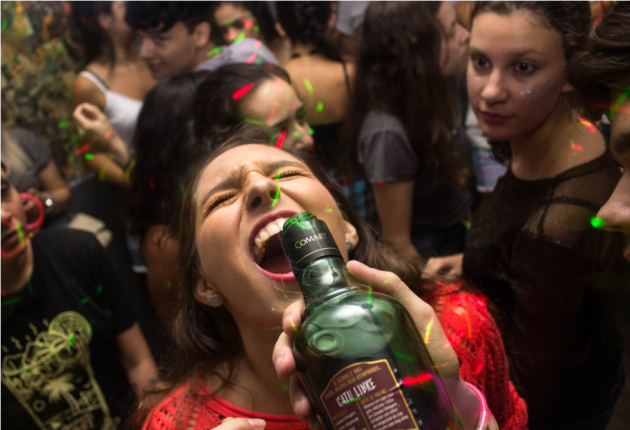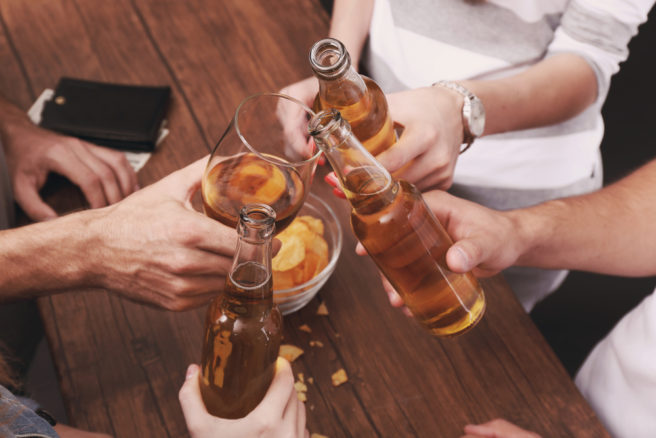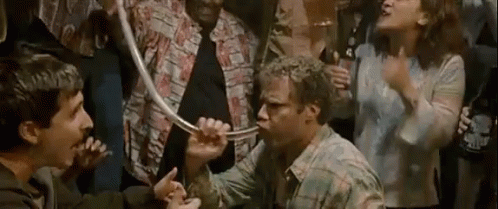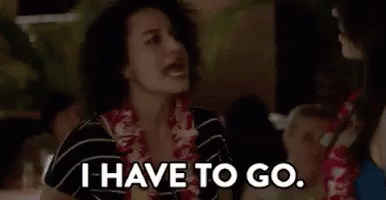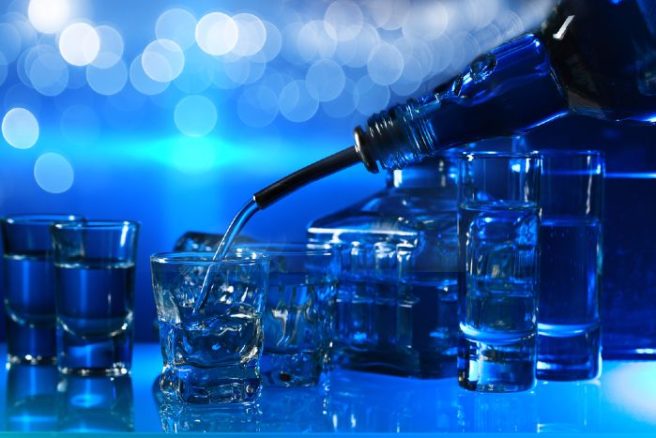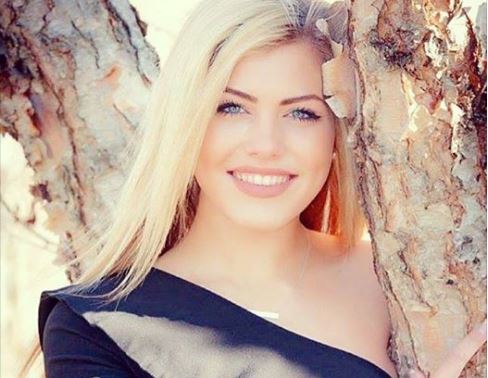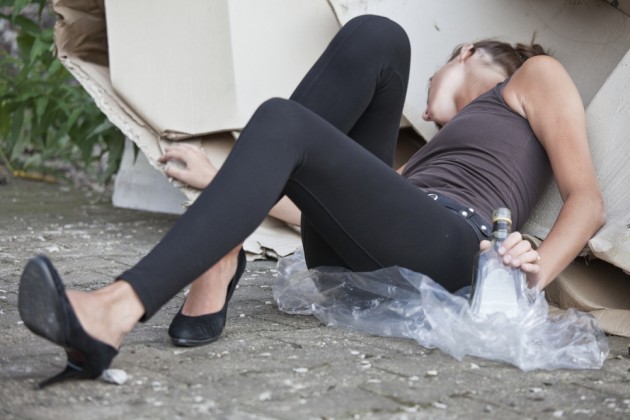Drinking and college life; they just go hand in hand, don't they?
Along with ditching lectures, sleeping until noon and buying countless spiral-bound notebooks which you will never use, the media would have us believe that binge drinking is the sole preoccupation of most third-level students.
And while – generally speaking – they're not that wide of the mark, the vast majority of us make it out of this phase of our lives with a clearer knowledge of our limits, and a distinct distaste for certain alcoholic drinks which we associate with 'that one time'.
We graduate university with a degree, a sense of achievement and a handful of experiences we'd rather not repeat… if we're lucky, that is.
The less fortunate among us take a little longer to establish that drinking to excess is a fool's game, and make a valiant attempt to adopt a more level-headed attitude towards alcohol.
And the desperately unlucky among us don't get a chance to make it out at all.
Earlier this week, the Miami University Police Department released a 25-page report outlining the events which led to the death of 18-year-old Erica Buschick – a freshman at Ohio's Miami University.
Found dead in her college dorm after a night of drinking last month, the run-up to Erica's death is comparable to nights experienced by thousands of other college students around the world.
After sharing two bottles of champagne with a friend, the pair made their way to a party where they drank vodka which Erica had decanted into a reusable bottle.
An hour and a half later, Erica was considered too drunk to gain entry into a local establishment, and was ultimately brought home to sleep it off in her dorm
The following morning, the 18-year-old was found dead on a beanbag; cold to the touch, another statistic in an incredibly bleak narrative.
And while Erica's story is, without question, the worst case scenario, the lightbulb moment which encourages an individual to address their attitude towards alcohol is far from consistent across the board.
I mean, what needs to happen before you realise you're drinking too much?
How many cases of The Fear do you have to endure before you start questioning whether you've been overdoing it on the ol' drink front?
Should it be when you find yourself wading across a river in order to rescue the handbag you sacrificed to the water the night before?
Or is it when you discover you're sporting a black eye, bruised cheek and split lip only after your mother wakes you up, hands you a mirror and informs you 'liberated' a stranger's bike and crashed it into a wall the night before?
Or how about when you find yourself in a stranger's home with no memory of how you got there, and a distinct feeling you'd rather be anywhere else in the world at that moment?
As a college student, none of these scenarios were enough to tell me that drinking to the stage where I black out and put myself in danger was a bad move.
I mean, in theory, I knew they weren't my finest hours, but with just enough filtering and some clever perspective, I could spin these incidents into funny anecdotes I would willingly share with other people.
"Oh, that vodka. What will it have me doing next?" "Look at my black eye! Amn't I just GAS?"
An outsider looking in could have come to the blithe conclusion that I was drinking to silence some inner demon or getting drunk to drown out the bigger issues, but they'd be wrong.
I was drinking cos it was great craic. I was drinking cos I enjoyed it. And I was drinking to get drunk because it was the done thing.
It was accepted.
Getting hammered was the name of the game, coming home with war stories for your friends (if you could remember them) was encouraged, and doing it over and over again throughout your time in college was par for the course.
With the benefit of hindsight, the vast majority of us would do anything to prevent our younger selves from engaging in the carry-on we deemed acceptable at the time.
While we may look back fondly on most nights out, many of us have a handful that we'd rather bring to our grave than repeat in polite company.
And in extreme cases, there are still some which we struggle to believe didn't end with the arrival of an ambulance or police car to our family home.
Most of us will always be grateful that we made it out of this period with a clearer perspective on the importance of our wellbeing, but if Erica's story teaches us anything, it's that not everyone gets the chance.
